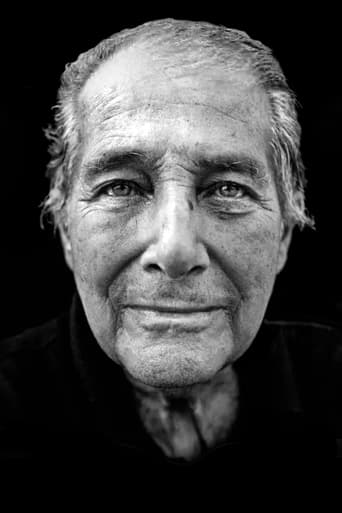
Gillo Pontecorvo born November 19 1919 in Pisa and died October 12 2006 in Rome is an Italian filmmaker Of Italian Jewish origin Gillou Pontecorvo is the brother of Bruno Pontecorvo a nuclear physicist working for the USSR and Guido Pontecorvo an ItalianBritish geneticist as well as the grandson of the Jewish industrialist Pellegrino Pontecorvo He has three sons Marco cinematographer and director Simone painter and Ludovico physicist A chemist by training he quickly turned to journalism and became correspondent in Paris for several Italian publications In 1941 he joined the Italian Communist Party PCI and participated in antifascist activities in northern Italy After the Soviet repression of the Budapest uprising in 1956 he broke with the PCI while continuing to claim Marxism He started in cinema after the Second World War as assistant to Yves Allégret1 and Mario Monicelli in particular From 1953 he produced his first documentary essays Giovanna MM 1956 In 1956 he contributed to an episode of Die Windrose supervised by Alberto Cavalcanti The following year he directed his first feature film A Called Squarcio La grande strada azzurra produced by Maleno Malenotti based on a novel by Franco Solinas Then he describes the concentration camp world in the film Kapò 1960 the story of a Jewish woman who becomes an auxiliary of the Nazis The film was nominated for an Oscar for best foreign language film in 1961 It gave rise to a famous controversy over the Kapò tracking shot which Jacques Rivette had deemed unworthy in an article in Cahiers du cinéma entitled De l abjection In 1966 he directed his most important film The Battle of Algiers La Battaglia di Algeri a reconstruction of the police action of the French army during the Battle of Algiers which was a fundamental episode of the war from Algeria This film was awarded the Golden Lion at the Venice Festival but remained banned in France for a long time and its exploitation caused a lot of uproar linked to the scenes of torture committed by the French army In Queimada 1969 dominated by the interpretation of Marlon Brando he once again attacks colonialism with an evocation of the Haitian revolution at the beginning of the 19th century Faced with the commercial failure of Queimada Pontecorvo stopped making films He still directed a secondary film Operation Ogre Ogro 1979 on the assassination of Luis Carrero Blanco by ETA during Francoism and collaborated on the film Laddio a Enrico Berlinguer 1984 In 1992 he was appointed director of the Venice Film Festival In 1993 during the 50th edition of the Mostra Pontecorvo presented Steven Spielberg with an honorary Golden Lion at the time of the release of Schindlers List He died on October 12 2006 at the age of 86 in Rome Italy
 HydraHD
HydraHD